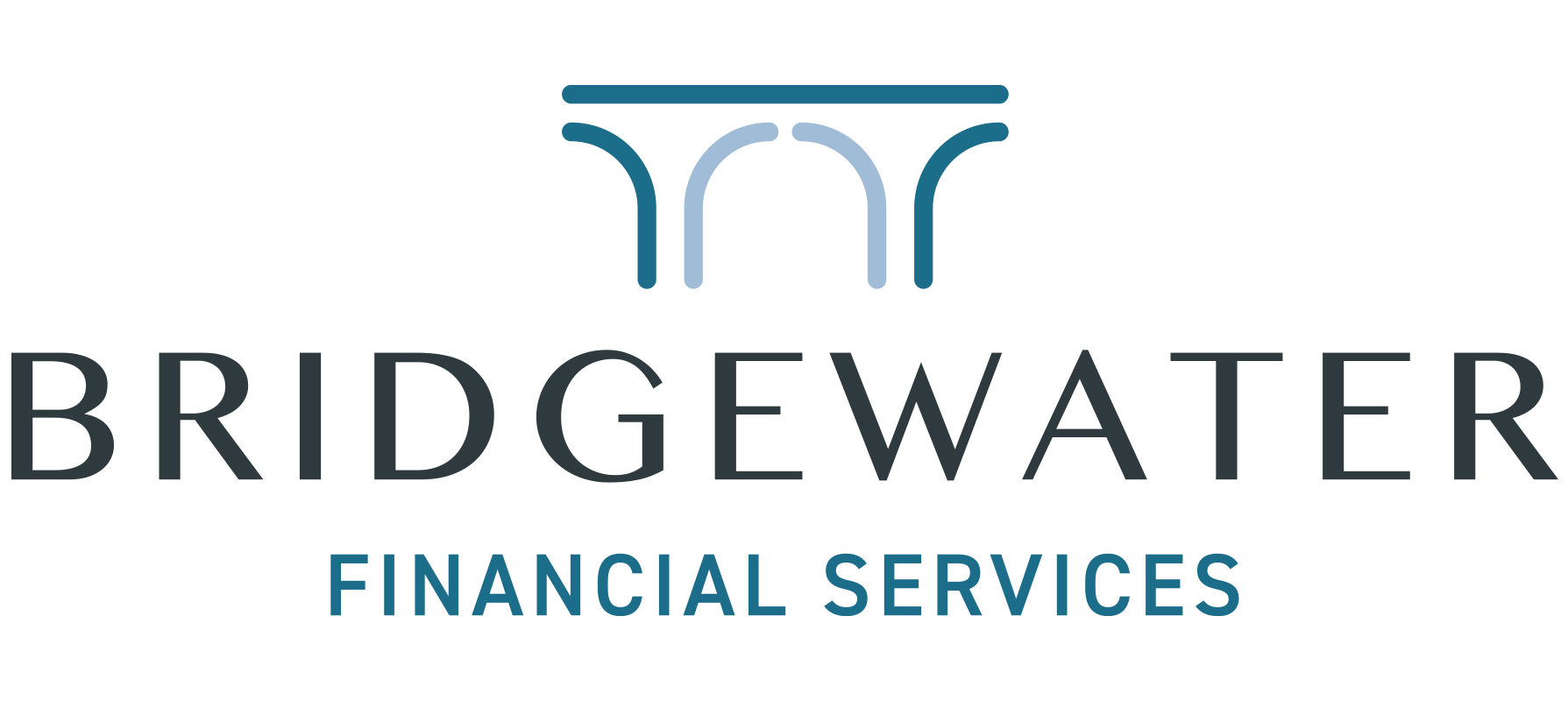This website uses cookies so that we can provide you with the best user experience possible. Cookie information is stored in your browser and performs functions such as recognising you when you return to our website and helping our team to understand which sections of the website you find most interesting and useful.

A good or bad budget for your personal finances?.. Let’s find out!
March 06, 2021 by
Rishi Sunak’s pandemic budget was certainly one of history’s more unusual Chancellor’s statements, given the circumstances in which it was delivered.
The Chancellor continued to focus his attention on spending in order to help keep the UK economy and businesses afloat, as we slowly come out of the Covid-19 Pandemic. It’s widely accepted that all this spending will somehow have to be paid for further down the line. So with that in mind, on 23 March The Chancellor is also planning to announce a series of tax consultations, which should shine some light on the Government’s plans to start to recoup some cash and begin the long-term book balancing exercise.
For the moment there is very little change to key tax areas that we would normally be examining at this time of year. However, there were still a few things that were mentioned that we should have a closer look at from a financial planning perspective.
What does this mean for your Pension?
Rishi Sunak has frozen the Lifetime Allowance (LTA) at £1,073,100. This means that inflationary increases to the lifetime allowance have also been frozen and will remain at the current level until April 2026.
This extended period of no inflationary increase could culminate in larger LTA charges. However, it’s important to remember that your LTA isn’t a cap on what you can put into your pension. Looking at the bigger picture, there continues to be many reasons why those who may be affected by the LTA freeze should continue to save into any active schemes; especially as withdrawing funding would mean they lose out on any contributions they currently enjoy from their employers.
An increase in your personal allowance
Although there are no changes to the rates of income tax for 2021/22, there is an increase in the basic rate band and personal allowance in line with the Consumer Price Index.
With the basic rate band increasing to £37,700 and the personal allowance climbing to £12,570 with the higher rate tax threshold also increasing to £50,270. The Chancellor also announced that both the personal allowance along with the higher rate threshold would now be fixed until 2025/26.
Capital Gains Tax
Right now, there are no immediate changes to Capital Gains Tax (CGT). With the annual exemption figure remaining unchanged at £12,300 for individuals (and personal representatives) and £6,150 for trustees of settlements. These rates have also been set until 2025/26.
However, it’s worth remembering that the Government has indicated that it will be publishing further tax consultations on 23 March. So look out for any proposed changes in CGT later this month.
Inheritance Tax
Inheritance Tax (IHT) bands remain the same, with both the nil rate band and the residence nil rate band staying put at £325,000 and £175,000 respectively. Again this locking in of the rates has been fixed until April 2026.
The implication of this five-year freeze, is that more estates will cross the IHT threshold. With that in mind, it might be worthwhile checking that your estate planning is as up-to-date as it can be, in order to mitigate any unnecessary IHT bills.
We’ll also wait until the announcement by the Government on 23 March, to see if IHT is included in the tax consultations and if they do appear, how that may have any potential implications upon wealth transfer.
Corporation Tax increase
The rate of Corporation Tax, currently set at 19% is set to rise to 25% from April 2023 onwards. There is some relief for smaller companies with profits under £50,000, as they can continue to pay the current 19% rate.
The tapering relief for businesses with profits under £250,000 will also be reintroduced, meaning that they too will not reach the 25% payment rate.
IR35 changes to be implemented
One of the largest shake-ups of the workplace economy is the implementation of the changes to off-payroll working, usually referred to as IR35. Delayed because of the pandemic, from April 2021 all large and medium sized private companies will now become legally responsible for deciding if freelance contractors are now effectively employees.
If they are deemed to be employees, then from next month it is the company’s responsibility to collect income tax and NICs from the contractor’s fee and pay it over to HMRC. This has all sorts of implications for both company owners and contractors alike.
Stay safe, we’re here if your need us
As always, were here to help with independent and expert financial advice. If you have any questions regarding the budget, or any other aspect of your finances, then please get in touch with us at Bridgewater Financial Services; where we will be delighted to help guide you through your individual options and strategies.
Goodbye 2020… Hello Brexit!
As we say goodbye to 2020, we usually look back and take stock of the events that have unfolded in the last 12 months. Well, I think we’ve all had a pretty miserable year, so let’s look forward instead. But let’s do that with this maxim in mind…
Read more10 Smart ways to prepare for a meeting with your financial adviser
Having clear life goals is the only way to get the best out of financial plans and reviews. With that in mind, I thought I’d share my own thoughts on getting the most out of your first meeting with a new adviser, or any review meetings you have with your current financial expert.
Read more
